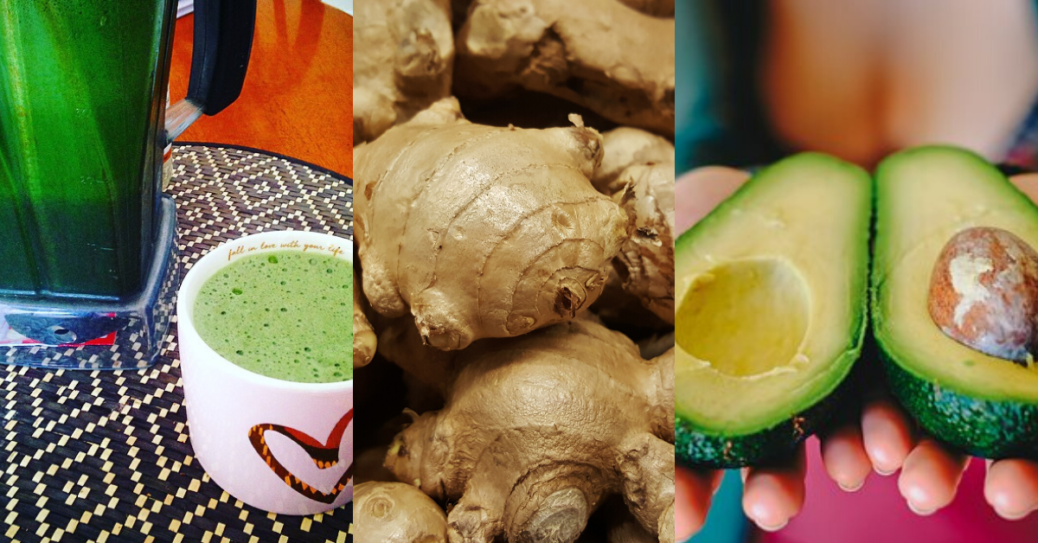Who are you calling a dummy. I’m sorry, it’s an expression. You’re not a dummy. Heck, you’re on the ShareAbode website. That in itself is a smart move. Do you know what else is mighty clever? Embracing Nutritional Sustainability.
What is Nutritional Sustainability?
The concept of eating that which is both nourishing for you and for Mother Nature. A matter of prioritising produce over packets and locally sourced ingredients over imported goods. It isn’t a matter of being 100% ‘perfect’ (is there such a thing?), but rather, mindful of your reliance on single-use packaging and food miles.
How do I practice Nutritional Sustainability without gettingoverwhelmed?
Start by prioritising locally (Australian) grown fruits and veggies. If you eat meat or fish, take biodegradable plastic bags (or if they allow you to, washed glass containers) to the butcher and fish monger, respectively, for them to put your items into. For dried goods such as grain/flour, legumes, nuts, seeds, herbs and spices, try the bulk-food store and buy your ingredients in paper bags or your own recycled containers/jars.
What if I only have time to go to the supermarket?
Prioritise the locally grown fruit and veg option. From there, aim for Australian grown goods where you can, keeping in mind this isn’t always possible, which is why I don’t advocate an ‘all or nothing approach’. I like Thai coconut water and Vietnamese cashews as much as the next person. Be creative about reducing reliance on plastic. Pasta from a box, rather than a packet. Nuts from the bulk-food aisle (use a paper bag or biodegradable plastic bag for collection), rather than plastic-packages from the health-food aisle.
What are 5 things I can start doing to become Nutritionally Sustainable?
I love lists! You, my friend, ask brilliant questions.
- Instead of buying individually-wrapped snacks such as packets dried fruit, buy one big packet and portion out into containers at need.
- Buy organic and/or minimal spray. The less chemically interfered with a food is, the more recognisable it is to both your body and the bees, who don’t readily pollinate plants that harbour antimicrobial sprays. As chemical applications deplete soil nutrition, the less we rely on them to sustain our food chain, the better.
- Use leftovers. Have a ‘loose’ rule that you don’t order takeaway when there’s a perfectly good meal awaiting you in the fridge or freezer.
- Eat simply. Meals don’t have to mean hot-pots with twenty ingredients or exotic salads. Banana with peanut butter and a green smoothie. Pumpkin soup with spelt or rye sourdough. Pulse pasta with veggies and roasted cashews.
- Avoid GMO-crops such as wheat, corn, soy, canola or sugar cane. Unless these items are organic, they’ve been farmed with the help of Round Up, an agricultural chemical with multiple law suits to its name. That’s not good news for your health or Mother Nature’s. It will deplete you both of beneficial bacteria.
About The Contributor: Rachel Favilla, BHSc Nutritional & Dietetic Medicine. Comedic Nutritionist, Yoga Teacher and Author of the book: Periods, Poo & A Glorious You. She marries health with humour and science with soul.
Facebook: http://www.facebook.com/realsoupfortherealsoul
Instagram: http://www.instagram.com/rachelfavilla
Website: http://www.realsoupfortherealsoul.com
Book Link: http://www.realsoupfortherealsoul.com/product/periods-poo-a-glorious-you-rachel-favilla


